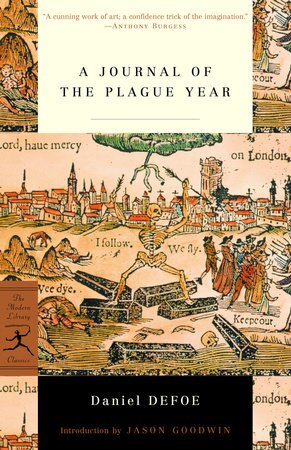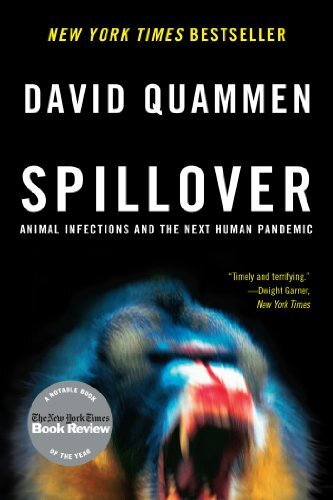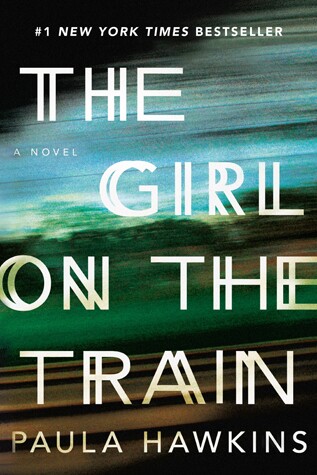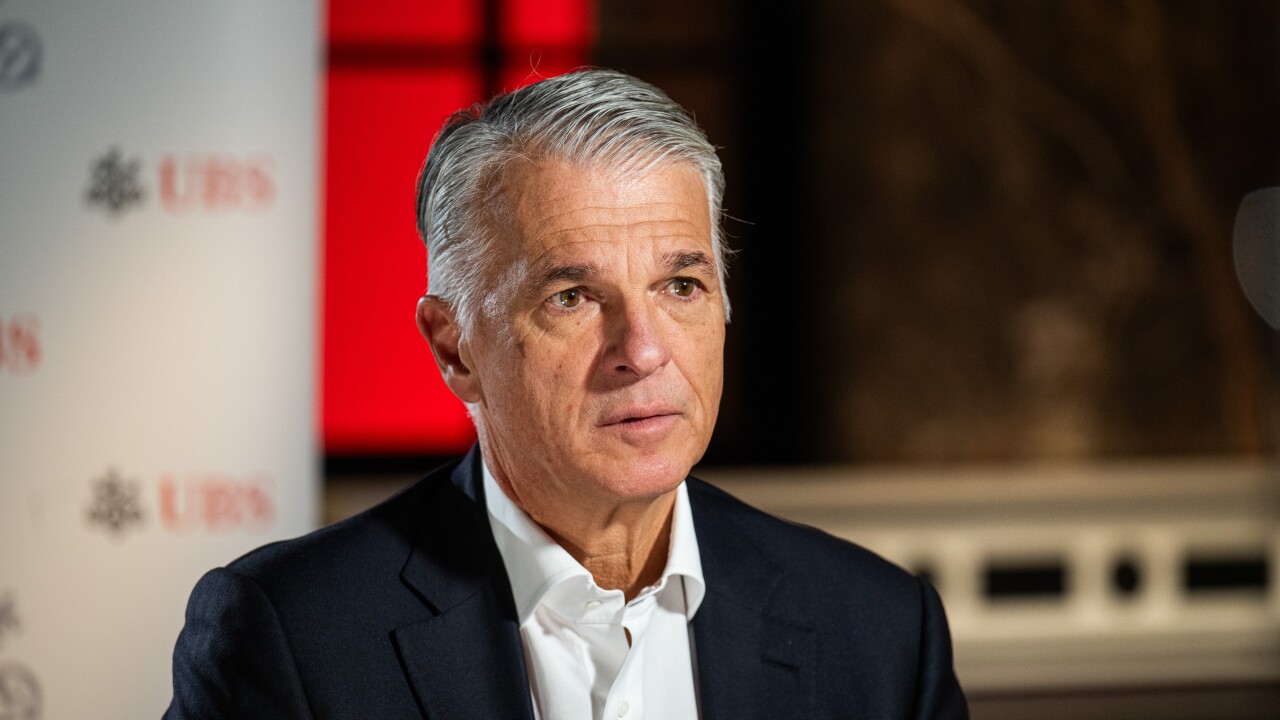Social distancing can be stressful as it is, let us make the recommendations for a change.
At Financial Planning, we’re used to asking advisors to share their favorite books on a variety of subjects — but now it’s our turn. We asked our team to submit a few selections from their very own quarantine reading lists to help those looking to add a few tomes to theirs.
Whether you’re looking for titles you can learn from or an escape into page-turning thrillers, we’ve got you covered.
Click through the list to learn more.



















